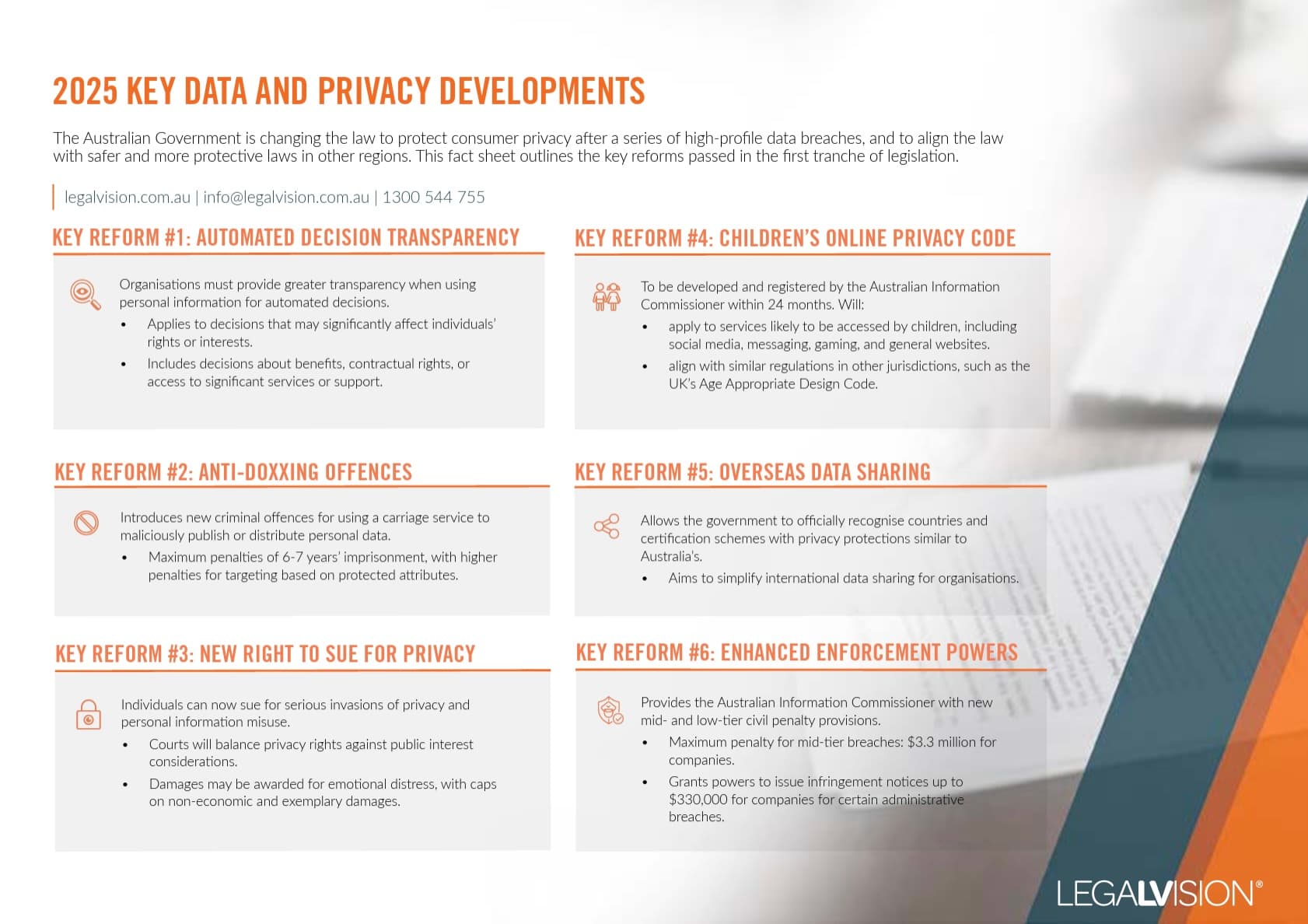A number of legislative frameworks regulate the manufacturing, sale and advertising of cosmetic injections in Australia. In early 2024, the Therapeutic Goods Administration (TGA) released crucial guidance on advertising and marketing these types of medicines. Previously, the TGA has allowed businiesses to make some indirect references to prescription medicines when advertising cosmetic injectables. However, the TGA has observed increases in ads related to prescription-only cosmetic injections, prompting them to release additional advertising guidance. This article will outline the implications of these significant changes for businesses providing cosmetic injection services and other important advertising considerations.
What Are Cosmetic Injections?
Cosmetic injections typically include treatments to remove or reduce skin wrinkles and lines or other signs of ageing. Common cosmetic injection products contain prescription-only medicines listed at Schedule 4 of the Poisons Standard. Prescription-only medicines are a type of therapeutic good and are regulated by the TGA.
How is the Advertising of Cosmetic Injections Regulated?
The Therapeutic Goods Act 1989 (Cth) (the Act) and the Therapeutic Goods (Therapeutic Goods Advertising Code) Instrument 2021 (Cth) (Ad Code) regulate the advertising of therapeutic goods, including cosmetic injectables.
The law broadly defines ‘advertise’ to include a statement or image that intends to promote the use or supply of therapeutic goods in a direct or indirect way. This includes statements or images on:
- websites;
- shop front displays;
- the label of the goods;
- the packaging of the goods; or
- any material included inside or with the packaging of the goods.
What Are the Changes to the TGA Guidance?
The underlying legislation creating the Ad Code has not changed. However, the TGA has indicated they are taking a more restrictive approach to indirect advertising of therapeutic goods, specifically cosmetic injectables. Advertising prescription-only medicines directly to consumers is against the law.
Accordingly, cosmetic injection ads that contain prescription-only substances must not:
- expressly reference the prescription-only medicine component or ingredient. For example, using the terms ‘Botox’ or ‘botulinum toxin’ is a breach of the Ad Code;
- refer to acronyms, nicknames, abbreviations and hashtags, which are indirect or colloquial references to specific prescription-only medicine or substance. For example, the terms ‘wrinkle reducing injections’, ‘anti-wrinkle injections’, ‘dermal fillers’ or ‘injectable products used for improvement of the appearance of submental fat’. Using these terms when advertising a health service are likely to be a breach of the Ad Code; or
- contain pricing information. Only pharmacists and approved medical practitioners may publicly publish and share medication price lists.
Rules for Cosmetic Injection Ads
When marketing and advertising cosmetic injectable services, make it clear that consumers will receive a consultation with a health practitioner. Likewise, subject to the outcome of the consultation, consumers may or may not be provided with a prescription.
While these statements avoid direct and indirect references to cosmetic injectables, you should assess them in their context for compliance under the Ad Code. Non-compliance with the Ad Code can lead to significant penalties.
Business names
Notably, you must not include any of the above direct or indirect advertising in your company, business or trading name. If your business name includes a reference to a prescription-only medicine, the TGA will consider this as you advertising a prescription-only medicine because consumers can infer that you offer these services based on your business name.

This factsheet outlines the Australian Government’s strengthened consumer privacy laws in 2025 following major data breaches and their alignment with global standards.
Advertising a Regulated Health Service
In addition to the TGA, cosmetic injections and advice consultations are also regulated by state-based Health Practitioners Regulation National Law (National Law) and the Australian Health Practitioner Regulation Agency (AHPRA).
The National Law applies to ‘regulated health services’. This includes services provided by (or usually provided by) a health practitioner such as a doctor or nurse. Under the law, advertisements must not:
- be false, misleading or deceptive, or likely to be misleading or deceptive;
- offer a gift, discount or other inducement unless the terms and conditions of the offer are also stated;
- use testimonials or purported testimonials about the service or business;
- create an unreasonable expectation of beneficial treatment; or
- directly or indirectly encourage the indiscriminate or unnecessary use of regulated health services.
Key Takeaways
In Australia, advertising cosmetic injections containing prescription-only medicines is heavily regulated. This is a changing industry and it is important to ensure your advertising is compliant to avoid penalties from the various regulators.
If you have concerns or need advice on whether your cosmetic injection ads comply with the law, our experienced regulatory lawyers can assist as part of our LegalVision membership. For a low monthly fee, you will have unlimited access to lawyers to answer your questions and draft and review your documents. Call us today on 1300 544 755 or visit our membership page.
We appreciate your feedback – your submission has been successfully received.












